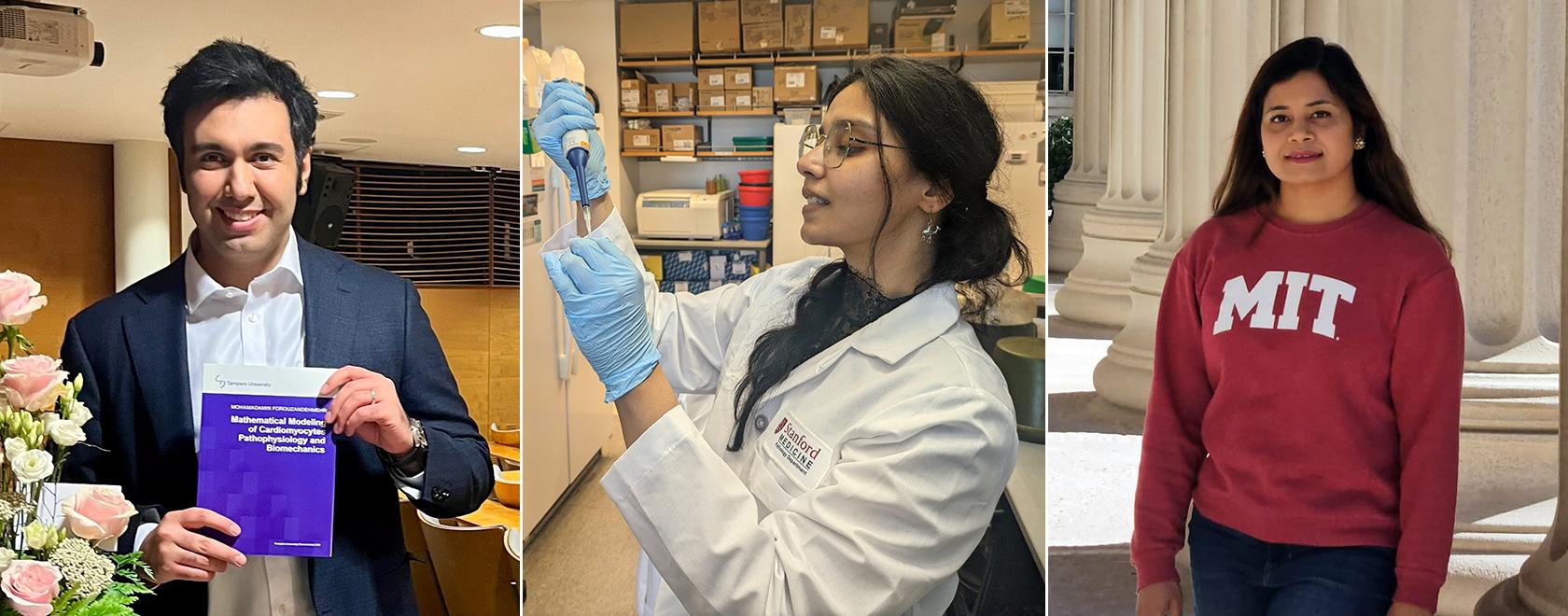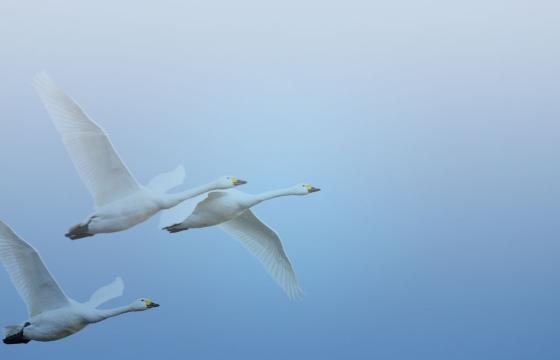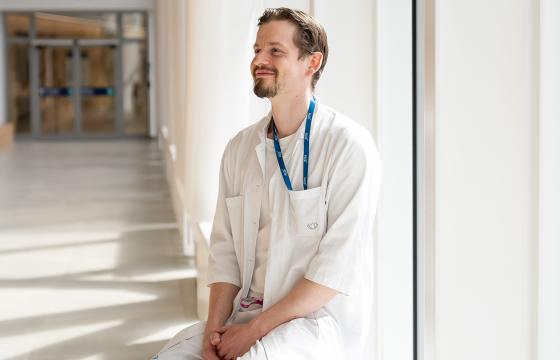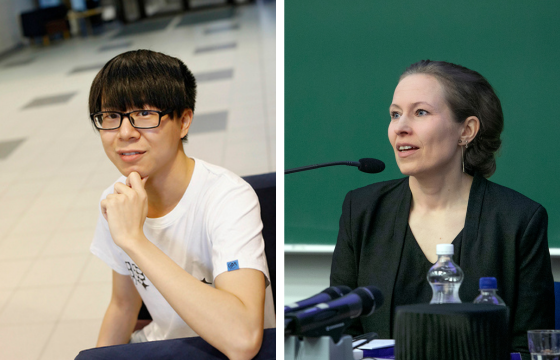
A total of 116 postdoctoral scholars from all over Finland participated in the spring application round. This means that 19% of the applicants received a grant, comparing to 27% last year.
One of the grantees is Ph.D. Dipabarna Bhattacharya, who will travel to Stanford University in the United States. “Rheumatoid arthritis (RA) is a systemic autoimmune disease that affects millions worldwide. It’s characterized by the immune system attacking synovial joints, resulting in synovitis, acute joint pain, reduced mobility, and even mortality. My research is focused on understanding the pivotal role of CD8+ T cells in the development of RA. Recent findings from Prof. Satu Mustjoki’s lab at the University of Helsinki and Prof. Siddharta Jaiswal’s lab at Stanford University hint at a promising connection between CD8+ T cells and RA. I’m very excited to start collaborative efforts between the two labs, aiming to unravel the complexities of RA and enhance treatment strategies for those affected”, Bhattacharya says.
D.Sc. Most Kaniz Moriam received a grant for post-doctoral research on the recyclability of cellulose-based textile waste. “Synthetic textile fibers impose the biggest threat in the textile industry as they introduce an alarming amount of microplastics, eventually entering the environment and human food chain. Hence, the textile industry requires sustainable alternatives. I am working to improve the efficiency of the recycling of cellulosic wastes by investigating the viscoelastic properties of cellulose with or without a multipolymer matrix in an ionic liquid-based solution by applying advanced methodologies. I am working at the Non-Newtonian Fluid Dynamics group at the Mechanical Engineering Department at MIT”, says Moriam.
D.Sc. Mohamadamin Forouzandehmehr is also going to work in the United States. His research area is computer models that take into account gender differences in human myocardial cells and better diagnostics. “Mathematical models, particularly those that delve into the subcellular level, offer a fascinating glimpse into the mechanistic underpinnings of pathophysiological pathways. My current research focuses on the computational modeling of mitochondria, investigating their role in various cardiac diseases like heart failure, diabetic cardiomyopathy, mutation-specific hypertrophic cardiomyopathy, and the potential for uncovering novel therapeutic targets. Recognizing the importance of sex-specificity in designing optimal treatments, I plan to integrate mechanisms within our models to simulate the sex differences”, Forouzandehmehr explains.
Why the Post Doc Pool?
The Pool aims at making Finnish research more international. After twenty-nine application rounds, over 770 scholars have received funding through the Pool for at least a one-year research period abroad. One third of the grantees have received a two-year funding.
From 2022 onwards, it has been possible to apply for funding even for shorter research periods abroad (i.e. outside of Finland) that last at least 6 months. The Pool’s next application round will take place from 15 August until 15 September 2024, when some 1.6 million euro will be distributed in grants. The results of this round will be published by December 2024.
Säätiöiden post doc -pooli has proven to be an important instrument of research funding, enabling young scholars with families to finance research periods at top universities abroad. The grants awarded by the Pool are determined flexibly in accordance with the applicant’s needs and they often include their family’s moving expenses and children’s day care or school fees.
The post doc grants from the Finnish Cultural Foundation:
- Ph.D. Dipabarna Bhattacharya
- MD Timo Carpén
- D.Sc. Mohamadamin Forouzandehmehr
- MD Tuomo Kiiskinen
- Ph.D. Jyrki Laatikainen
- D.Sc. Most Kaniz Moriam
- Ph.D. Riikka Mäkilä
- D.Sc. Yekaterina Pak
- Th.D. Panu-Matti Pöykkö
- Ph.D. Anni Silvola
The Post Doc Pool of Finnish foundations was set up in the autumn of 2009. During the current three-year-period 2022-2024 there are thirteen foundations involved, allocating altogether 3.25 million euro annually to the pool. The foundations are the Ella and Georg Ehrnrooth Foundation, the Emil Aaltonen’s Foundation, the Alfred Kordelin Foundation, the Foundation for Economic Education, the Päivikki and Sakari Sohlberg Foundation, the Finnish Academy of Science and Letters, the Finnish Cultural Foundation, the Finnish Medical Foundation, the Swedish Cultural Foundation in Finland, the Society of Swedish Literature in Finland, the Finnish Foundation for Technology Promotion, the Jenny and Antti Wihuri Foundation and the Ulla Tuominen’s Foundation.


